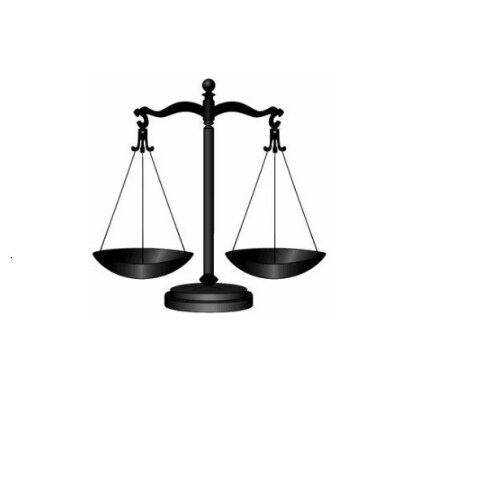Best Native People Lawyers in Port Harcourt
Share your needs with us, get contacted by law firms.
Free. Takes 2 min.
List of the best lawyers in Port Harcourt, Nigeria
About Native People Law in Port Harcourt, Nigeria
Native People Law in Port Harcourt, Nigeria, encompasses the legal systems, rules, regulations, customs, and practices that affect indigenous groups living in the area. This includes property rights, environmental law, cultural heritage protection, local governance, and other areas. The law aims to balance the rights and interests of Native People with those of other community members, while affirming their unique status and rights as original inhabitants.
Why You May Need a Lawyer
Legal situations can arise for Native People on matters such as land disposition, resource extraction on traditional lands, inheritance and succession of property, cultural and intellectual property disputes, and local government matters. A lawyer specialized in Native People law could offer the necessary support to navigate these complex issues, while ensuring your rights and interests are best represented.
Local Laws Overview
The key aspects of local laws relevant to Native People in Port Harcourt, Nigeria include the Land Use Act, Environmental Impact Assessment Act, and the Nigerian Constitution recognizing the rights of indigenous groups. These laws provide the legal basis for land ownership, environmental protection, and the acknowledgment of indigenous people's rights. It's also important to note that customary laws, being part of their indigenous heritage, hold significant weight in legal matters concerning Native People.
Frequently Asked Questions
What are the rights of Native People in Nigeria?
Native People in Nigeria are afforded the same constitutional rights as every citizen. Additionally, they have the right to own property, participate in cultural practices, and utilize resources in their traditional lands.
Can Native People claim ownership of land?
Yes, Native People can claim ownership of land according to the Land Use Act. However, such claims would often require to be substantiated by customary practices, historical occupancy, or other forms of proof.
How are disputes involving Native People resolved?
Disputes involving Native People are generally resolved through the courts. However, customary laws and traditional dispute resolution mechanisms can also be validly applied, especially in communities where these practices are still upheld.
Do Native People have special rights regarding natural resources on their land?
Yes, they have customary rights to manage and use natural resources on their lands, but these rights are subject to national laws, such as the Environmental Impact Assessment Act.
Are there specific lawyers who focus on Native People law in Nigeria?
Yes, there are lawyers who specialize in Native People law. These lawyers understand the complexities of customary law, Nigerian legal code, and international law related to indigenous peoples' rights.
What is the legal status of customary laws?
Customary laws hold legal weight in Nigeria, providing they are not contrary to the Constitution, not repugnant to natural justice, and not incompatible with any written law.
Additional Resources
Contacting local governmental bodies or indigenous advocacy groups can be helpful when seeking legal advice. The Nigerian National Commission for Indigenous People and Minority Rights, as well as local advocacy groups and NGOs working on indigenous rights, can provide useful resources and guidance.
Next Steps
If you require legal assistance, the first step would be to consult with a legal professional. Ensure that the lawyer has experience in Native People law, as this is a unique and specialized field. Be sure to clarify any legal costs, processes, and potential outcomes with your lawyer, to ensure you fully understand the proceedings.
Lawzana helps you find the best lawyers and law firms in Port Harcourt through a curated and pre-screened list of qualified legal professionals. Our platform offers rankings and detailed profiles of attorneys and law firms, allowing you to compare based on practice areas, including Native People, experience, and client feedback.
Each profile includes a description of the firm's areas of practice, client reviews, team members and partners, year of establishment, spoken languages, office locations, contact information, social media presence, and any published articles or resources. Most firms on our platform speak English and are experienced in both local and international legal matters.
Get a quote from top-rated law firms in Port Harcourt, Nigeria — quickly, securely, and without unnecessary hassle.
Disclaimer:
The information provided on this page is for general informational purposes only and does not constitute legal advice. While we strive to ensure the accuracy and relevance of the content, legal information may change over time, and interpretations of the law can vary. You should always consult with a qualified legal professional for advice specific to your situation.
We disclaim all liability for actions taken or not taken based on the content of this page. If you believe any information is incorrect or outdated, please contact us, and we will review and update it where appropriate.









